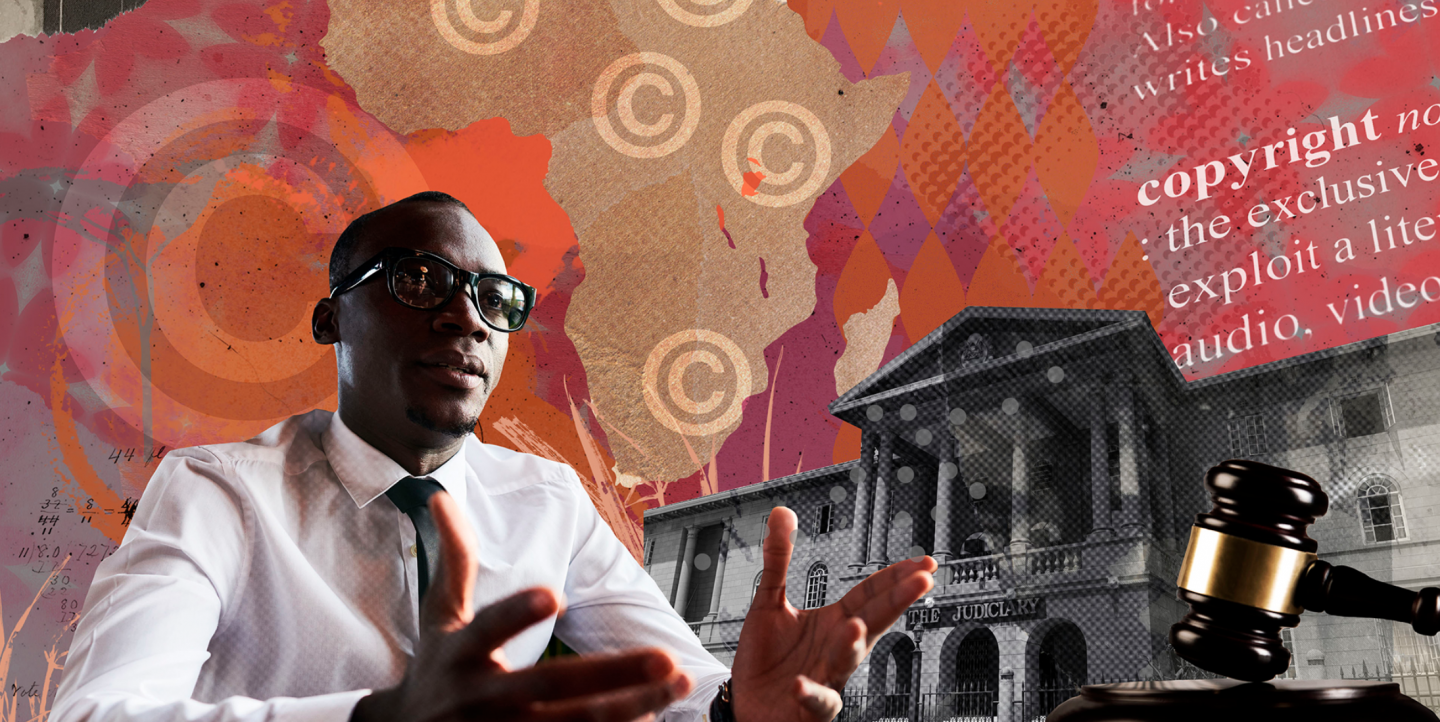Copyright issues persist throughout Africa, and media professionals are fighting a battle of protecting and monetizing their work. Journalists, in particular, are struggling with competing media outlets plagiarizing the articles they publish.
In an article published by the Ethical Journalism Network (EJN), Ghanaian journalist Emmanuel Ebo Hawkson describes the struggles print media faces: “We wake up in the morning at 6 a.m. and everything on the front page has been read out on the radio stations. Why would people pay to buy a newspaper when the radio station can give them everything?”
In Johannesburg, two rival media outlets have brought the battle over copyright to the courts. Moneyweb accused rival media outlet Fin24 of copyright infringement. The case brought attention to the outdated South African Copyright Act of 1978, and has sparked a conversation within the country about whether the government needs to overall their copyright laws.
In response to this epidemic, EJN, in partnership with the Federation of African Journalists and the Thomson Foundation, and with support from Kpinor Licensing Agency, created a training course to help journalists better understand their rights, as well as strategies for combating copyright challenges.
The course, “Copyright - how to protect it, how not to breach it,” is free and is provided on the Thomson Foundation’s website. It is led by Chris Elliott, CEO and director of EJN, with input from other copyright experts.
The course is broken down into three distinct sections. Within each section are informative videos and exercises that engage the course taker and present the information in an easily accessible format. According to the website, the course’s goal is to teach journalists the value of copyrights and the importance of respecting others’ rights.
The first section of the course introduces journalists to their right to ownership of their work and how to use copyrighted material. Korieh Duodu, a lawyer in England and Ghana, says, “Provided that an author has created work in a permanent form — which is an original — then they have economic rights in that work.”
Duodu adds that journalists retain the right to sell, republish and translate their original content. The section concludes by Duodo informing the user that to use copyrighted material, the user needs to understand how to properly reference media outlets and the journalist who produced the work.
The second section provides journalists with tips and tools for protecting their work, as well as suggestions for protecting their copyright when working for media companies. Gabriel Baglo, general secretary of the Federation of African Journalists, and Salim Amin, Chairman of Camerapix, led this portion of the course.
Amin suggests including a watermark on images so they cannot be replicated, sending low-resolution photos to parties interested in a photographer’s work and being cautious about which media organizations a photographer chooses to partner with. This section also introduces tools like Google Alerts to track where work appears online, to monitor and address any copyright infringements.
In the final section, Ajoa Yeboah-Afari, chair of the Editors Forum, and Ebo Hawkson, court reporter for the Daily Graphic newspaper in Ghana, present the challenges journalists encounter when media outlets take over their work.
“We live in a system where other media and other platforms… will take our stories… without crediting us, without acknowledging us,” says Hawkson. “We do not see copyright as an issue in Ghana and it is about time we do something about it.”
Nana Osei, a journalist from Ghana, took the course this fall. “Through the course, I realized [that]... I have to protect [copyright],” he says. “I was given tips like to watermark images and to use reverse images to protect my work. It is really helping me.” Osei adds that he is showing the course to his young colleagues so they have access to the tools and knowledge that he acquired.
Although the problems of copyright within the African continent will likely continue for the near future, courses such as “Copyright - how to protect it, how not to breach it” provide tools and promote awareness for journalists facing these issues.
Main image courtesy of Thomson Foundation and the online course.

